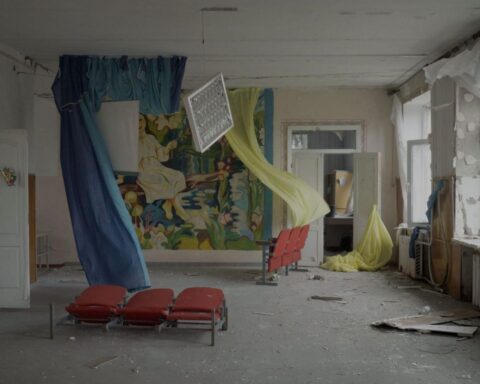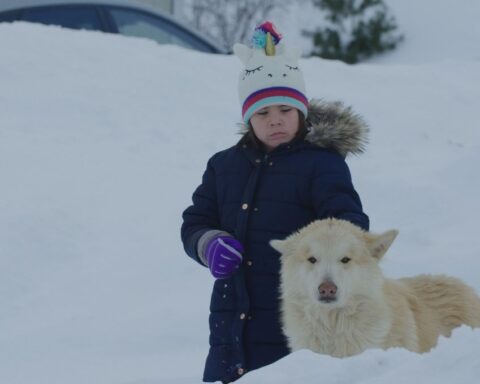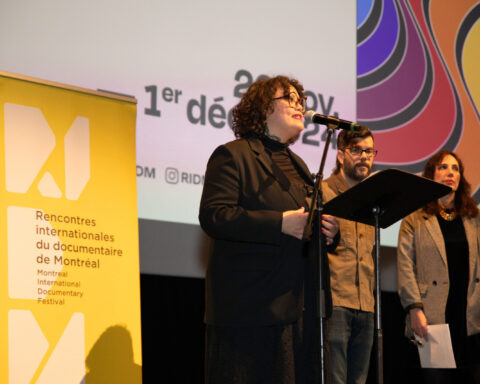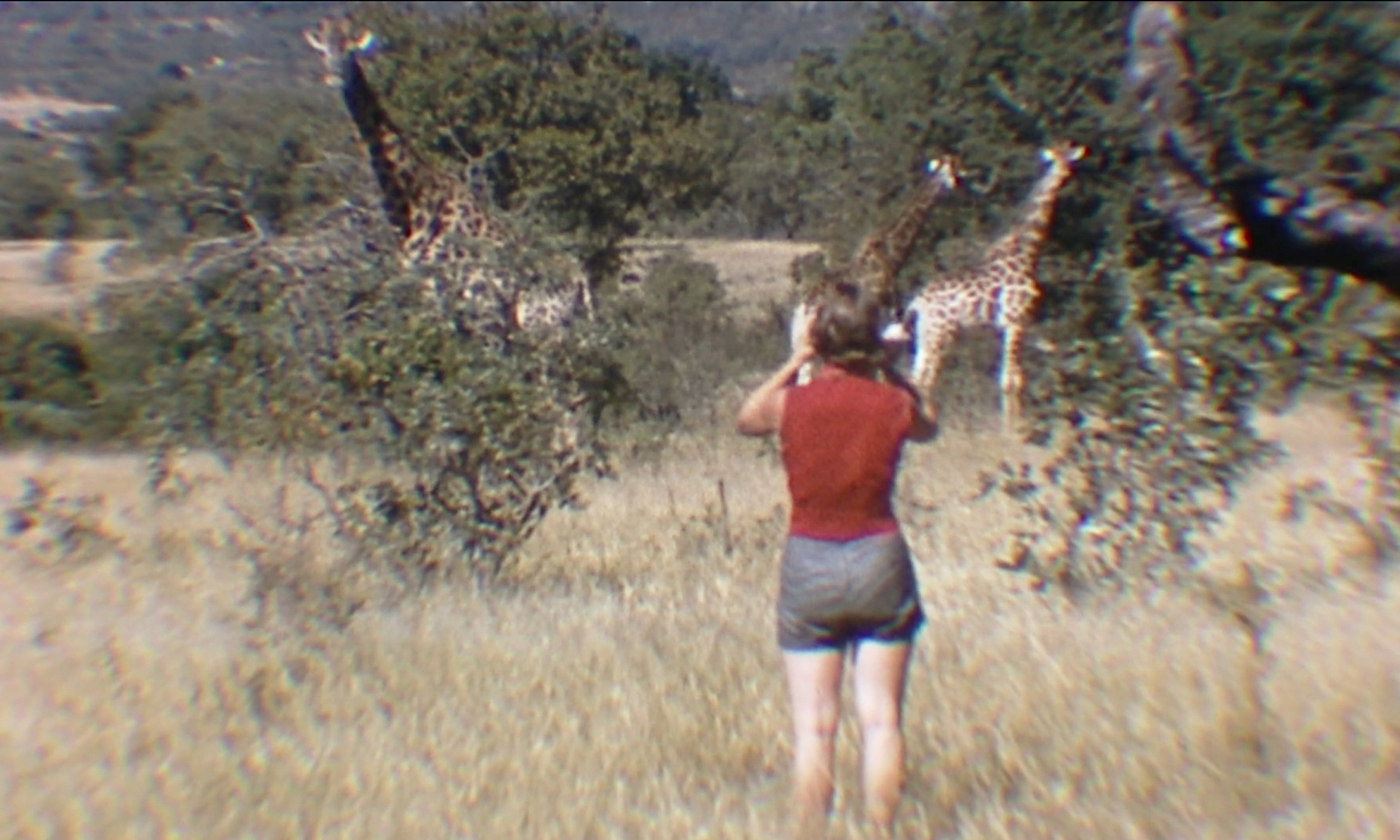Memory Is Our Homeland
(Canada/Poland 90 min.)
Dir: Jonathan Durand
Programme: The State of the World
At this point in the 21st century, as the horrific details of past and present atrocities accumulate like a metastasizing disease, you’ve got to wonder exactly what demons in human beings, especially the powerful, prod them to torture, enslave, and eliminate people, and do it as if it were perfectly normal.
Jonathan Durand’s film is a personal view of a catastrophe that most people know little about. During World War 2, Poland got hit by a double whammy: both the Russians and the Nazis invaded the country. Before you could say “What the hell is going on?”, Polish citizens, 30% of them Jewish, were picked up and removed from their homes.
Some were able to salvage food, clothes, and bedding that softened the blow on the way to forced labour camps and eventually deportation. Durand’s grandmother and other family members lived out a strange and almost surreal itinerary. They were refugees in India and Iran, which after starving in freezing camps, felt like a welcoming paradise to them, as well as Sheffield, England; Tanzania and Canada.
When Durand shot straightforward kitchen table interviews with his grandmother, she vividly recalled the warm colour and light, the heat of Tanzania. For six years in Africa, refugee Poles lived in thatched roof huts, and got close to many village people, which annoyed the authorities.
Outsiders once believed that the Nazis were responsible for these horrors, but in fact it was the Soviets out to annex Poland and eliminate Polish identity. The film points out that Stalin was simply following an old Russian tradition: colonize and destabilize. Burn down houses, obliterate neighbourhoods. One could argue that Russia’s current strong man enthusiastically perpetuates the customs of the past.
One character in the film states that she once had a Marxist teacher who insisted that she and her relatives must have been fascists. Like many post-war leftists he could not give up his vision of Russian Communism. The Soviets wouldn’t do bad things to people unless they deserved it.
Memory Is Our Homeland expresses Jonathan Durand’s longing to re-rediscover a world that the Russians wiped out. Deploying a chapter structure and personalizing the story with his own voiceover, he follows his family’s trail from the Siberian Gulags to Iran, Tanzania, and England. In what is now Belarus, Durand finds traces of his family’s lives, noting that old buildings are disintegrating into the equivalent of archaeological ruins. Villagers Durand meets have memories of people and places in his family’s history.
Throughout the doc, Durand pieces together a lost world constructed of archival footage (including rare images of Poles in Tanzania), family photographs, letters, and most importantly, his grandmother’s and other relatives’ video testimonials.
The movie’s title explicitly states the point of Jonathan Durand’s quest. You can’t go home again, but a homeland can live on in your mind and heart. “The longer I looked for this history,” he says at the end of the doc, “the less it could be erased.”
Visit the POV RIDM Hub for more coverage from this year’s festival.
1












